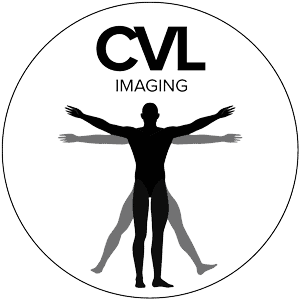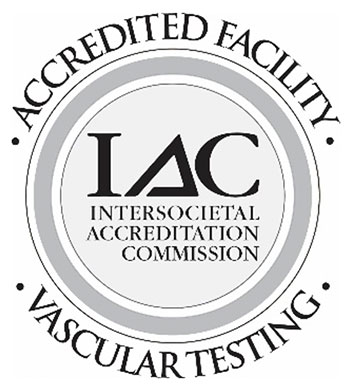Cardiac Diagnostics
We provide a wide range of Cardiac tests. These tests assess the condition of your heart.
ECG
What is ECG?
- This looks at the electrical rhythm of the heart
- The test takes about 5-10 minutes
- You will not need to change into a gown
- You lie flat on your back
- 12 stickers are placed on the front your chest
- The stickers are connected to a machine that records the electrical activity of your heart
- It only hurts a bit when you take the stickers off
Some reasons we get an ECG
- To see why someone may have chest pain
- To see why someone may have trouble breathing
- To see why someone may have trouble dizzy
- To see why someone may feel their heart is beating too fast or skipping a beat
Echocardiogram
What is Echocardiogram?
- It looks at the structure of your heart with sound waves that you cannot hear. It also looks at the way blood flows through the different parts of the heart.
- This test takes about 1 hour.
- You will be asked to change into a gown.
- You lie flat on your back
- Gel is placed on your chest and a probe that transmits ultrasound takes pictures of your heart.
- You will feel nothing.
Some reasons we get an Echocardiogram
To see why someone may have:
- chest pain
- trouble breathing
- dizziness
Stress Testing
What is Graded Exercise Stress Testing?
- This test sees how strong your heart is
- It takes about 30 minutes.
- Have a light meal before the test.
- Check with your doctor if you should stop your medication.
- Wear comfortable clothing.
- Do not work out on the same day as your test.
- You need to come with shorts (or we can provide a gown) and comfortable shoes (preferably running shoes)
- Stickers are placed on the front your chest to take an electrocardiogram
- Your blood pressure will taken
- You will be asked to walk on a treadmill. This will start very slow and be flat. If you are feeling OK, the speed will be gradually increased.
- You will be monitored by a specially trained technologist at all times.
- They will continuously monitor your heart rate and how your heart is functioning while walking.
- Time on the treadmill is typically 10 minutes
Some reasons we get a Graded Exercise Stress Testing
- To see if we have a heart disease
Holter monitoring
What is Holter monitoring?
- This test constantly monitors your heart rhythm
- It takes 20 minutes to attach to your body.
- 3 stickers are placed on the front your chest
- The stickers are connected by wires to a small device.
- The small device hangs by a lanyard from your neck
- You wear this from 1 day to 14 days, day and night.
- You return the small device to our facility at the end of the period.
- The device records your heart rhythm.
- If you have any symptoms while wearing the device, record the time and day it occurred and what you were doing when you got the symptoms
- Please note that the device is delicate and can be damaged. If damaged, we may not be able to use for our other patients.
Ambulatory Blood Pressure Monitoring
What is Ambulatory Blood Pressure Monitoring?
- This test constantly monitors your blood pressure
- You wear a cuff on your arm for 24 hours
Some reasons we get Ambulatory Blood Pressure Monitoring
- To see if our blood pressure is higher some at some times than at other times and we are missing it.
The preparation for an ultrasound examination depends on the area of the body being imaged:
- ECG
- Holter
- Echocardiogram
- Stress Testing
- Ambulatory Blood Pressure Monitoring
- Procedure: ECG
- Study Length: 10 minutes
- Instructions: No restrictions.
- What to expect: Electrodes are attached to the chest with adhesive.
- Procedure: Holter
- Study Length: 24 hours – 14 days
- Instructions: 20 minutes to attach.
Wear device continuously. Do not get device wet.
Return the device on the date specified. - What to expect: Electrodes are attached to the chest with adhesive. The monitor is worn for 24 hours up to 14 days.
- Procedure: Echocardiogram
- Study Length: 60 minutes
- Instructions: No restrictions.
- What to expect: Ultrasound of the heart is performed with gel and a probe. Some pressure mat be applied.
- Procedure: Stress Testing
- Study Length: 30 minutes
- Instructions: Have a light meal. Check with your doctor if you should stop your medication. Wear comfortable clothing. Do not work out on the same day as your test.
- What to expect: Your heart function and rhythm are assessed before and after you walk on a treadmill or use an exercise bike.
- Procedure: Ambulatory Blood Pressure Monitoring
- Study Length: 20 min to attach
- Instructions: Wear the device continuously. Do not get the device wet. Return the device on the date specified.
- What to expect: A blood pressure cuff is worn all the specified time. Blood pressure is recorded and stored in the device during this time.

